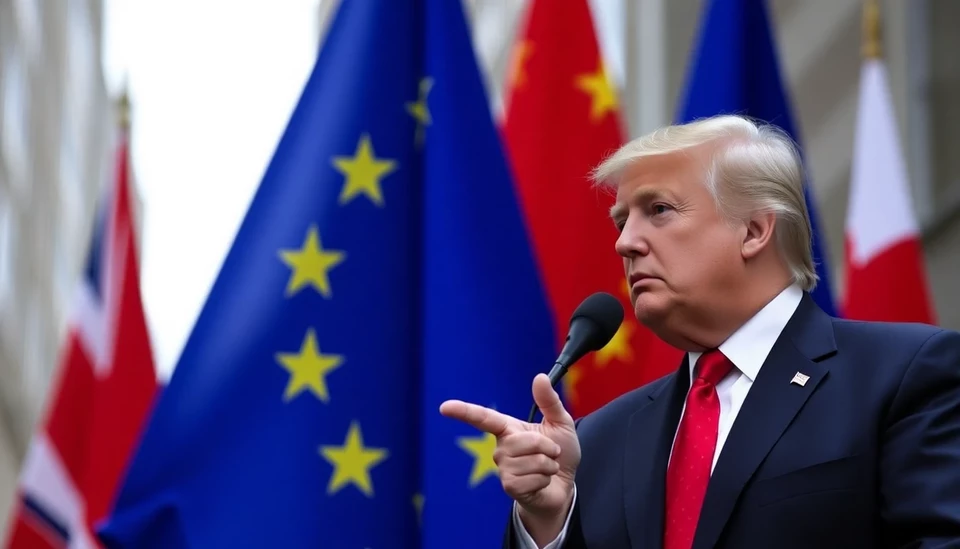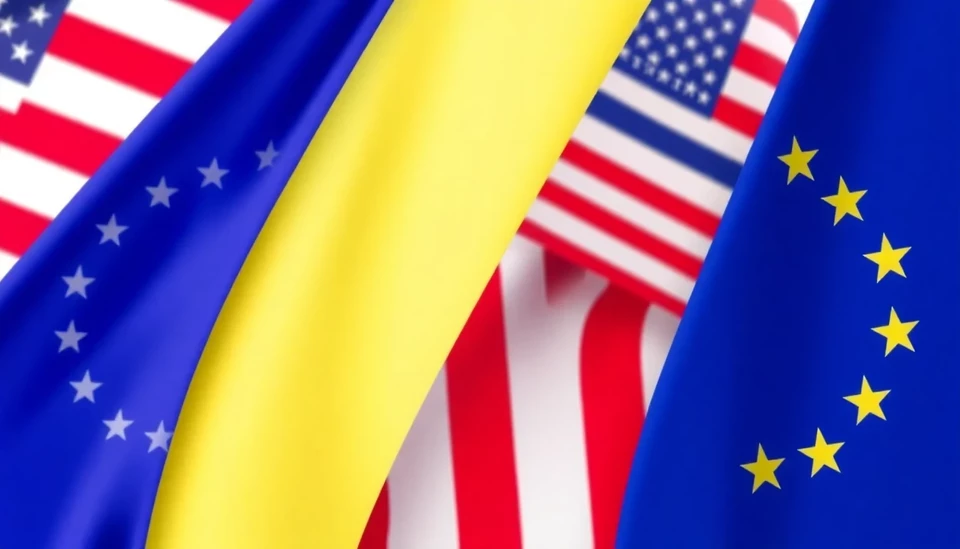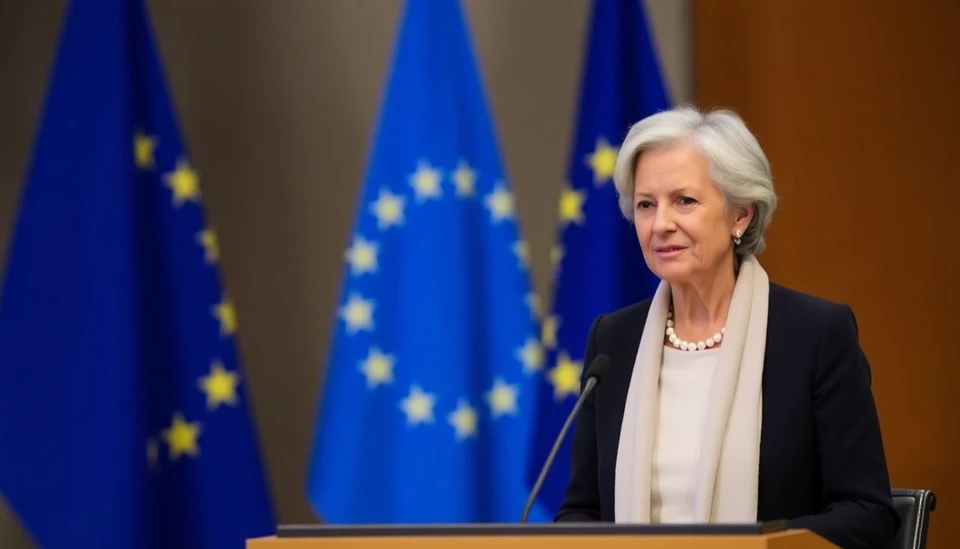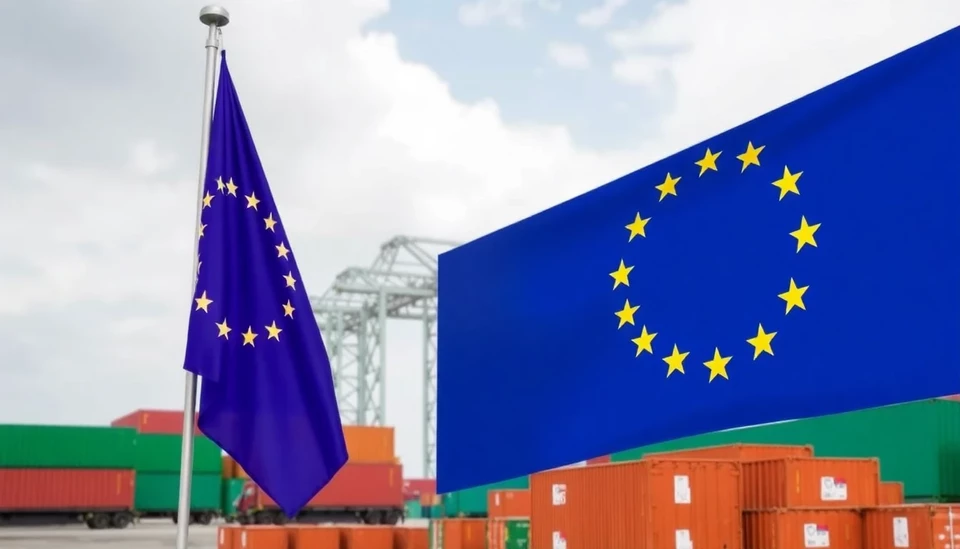
The European Union (EU) has firmly committed to implementing countermeasures in response to President Donald Trump's recent announcement of $20 billion in tariffs aimed at European goods. This decision has ignited tensions across the Atlantic, threatening to escalate into a significant trade conflict that could impact economies on both sides of the ocean.
In a statement released earlier today, EU Trade Commissioner Valdis Dombrovskis expressed the bloc’s determination to protect its economic interests. He highlighted that the imposition of these tariffs, which primarily targets aerospace, automotive, and industrial sectors, represents a unilateral action that undermines international trade agreements and rules.
Dombrovskis further noted that the EU's stance is not one of aggression but rather a necessary response to defend European businesses and workers from unfair trade practices. “We will not stand by as our industries are unfairly targeted,” he stated, indicating a readiness to retaliate effectively against the U.S. actions.
The backdrop of this move stems from ongoing disputes between the EU and the U.S. over trade imbalances and support for domestic industries. The current administration in Washington has argued that tariffs are essential for protecting American jobs and fostering local manufacturing. However, EU officials argue that these tariffs will disrupt global supply chains and lead to increased costs for consumers.
In preparation for the potential repercussions of these tariffs, EU officials are actively discussing which specific products might be targeted in their retaliatory measures. Preliminary discussions have suggested that iconic American products such as bourbon whiskey, Harley-Davidson motorcycles, and a range of agricultural products may face taxes as part of the counteroffensive.
The stakes are high for both the U.S. and Europe, as businesses and trade associations are already expressing concerns about the potential impact of a full-blown trade war. Economists warn that prolonged tariffs could lead to increased prices for consumers, disruption of supply chains, and a chilling effect on economic growth, not only in the U.S. and EU but globally.
As the situation continues to evolve, analysts emphasize the need for dialogue to avoid further escalation. The implications of this trade dispute reach far beyond local markets, posing risks to international relations and economic stability.
With the EU poised to retaliate, the world watches closely as the two economic powerhouses prepare for what could become a significant chapter in global trade relations.
#EUTrade #USTariffs #TradeWar #Economy #GlobalTrade #Countermeasures
Author: Daniel Foster




